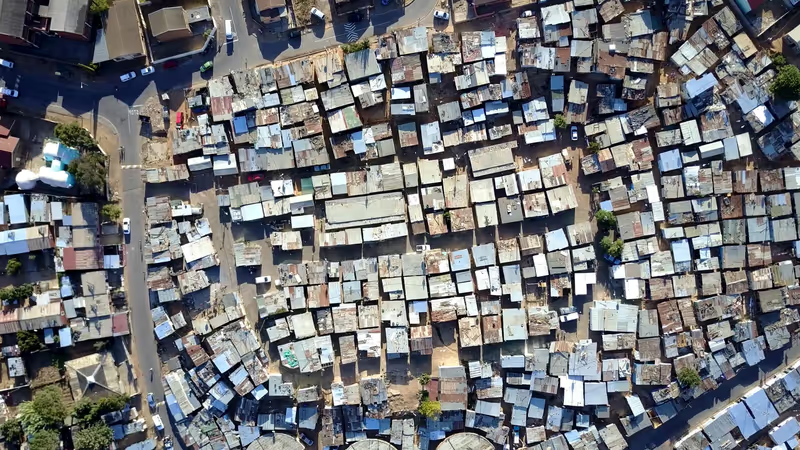| Student: | V.P. Khavhagali |
|---|---|
| Timeline: | November 2019 - 18 November 2023 |
South Africa has warmed over the last century and has experienced a variety of impacts of extreme weather events over recent years. Severe weather patterns often include extreme rainfall, floods, droughts, dry spells, thunderstorms, and heat waves, which impacts water resources, food security, health, infrastructure, and ecosystem services (Mpandeli et al., 2018; DEA, 2018). Climate change risk is projected to increase in South Africa, and there is a need for the adaptation implementation to help manage the impacts of climate change (Pasquini et al., 2013).
Response to climate change impacts is a key priority for the South African government (DEA, 2011). Government acknowledges the cross-cutting nature of climate change impacts, and recognises the need for a coordinated, coherent, efficient and effective response to climate change. South Africa has adopted the National Climate Change Response Policy (NCCRP) in 2011, and in 2020 they endorsed the National Climate Change Adaptation Strategy (NCCAS). The policy guides the work to address the impact and causes of climate change at national and local government departments and at individual levels.
While, coordination with other sectors does not necessarily result in implementation of adaptation policy or actions. There are drivers and barriers that emerge in the implementation and policy learning process (Biesbroek et al., 2013; Simonet & Leseur, 2019). For example, Ziervogel et al. (2014) note the limited implementation of climate change adaptation policy due to knowledge gaps, organizational complexity, and resource constraints. The goal of this study is to build a theoretical and scientific perspective to assess, understand and explain drivers and barriers in multilevel governance and implementation. This study contributes to the literature on multilevel governance, implementation, and policy learning. These strands are combined in a multilevel framework that center on implementation, policy learning, and drivers and barriers. The framework assumes that the different levels of government experience differences in progress on adaptation implementation, which can be attributed to different drivers and barriers. This study will contribute to understanding of the South African climate change adaptation policy landscape.
Supervisors: Prof. Dr. Karin Pfeffer, Dr. Diana Reckien, Dr. Robbert Biesbroek & Dr. Brian Mantlana





